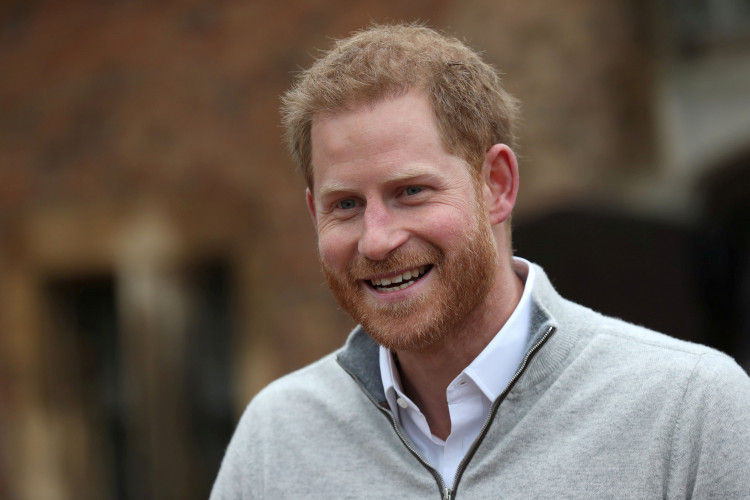Prince Harry's legal battle over his UK police protection has faced another significant setback after his bid to bring an appeal against a High Court ruling was refused on Monday. The Duke of Sussex had taken legal action against the February 2020 decision by the Executive Committee for the Protection of Royalty and Public Figures (Ravec), which ruled that he would no longer receive the "same degree" of publicly-funded protection when in the country due to his change in 'status' after stepping back as a "full-time working member of the royal family."
In February, retired High Court judge Sir Peter Lane rejected the duke's argument that he was "singled out" and treated "less favourably" by the decision, concluding that Ravec's approach was neither irrational nor procedurally unfair. Following the ruling, a legal spokesperson for Harry stated that the Duke "hopes to obtain justice from the Court of Appeal."
However, a judicial spokesperson confirmed today that Harry's initial bid to appeal against the decision has been denied. The duke still has the option to directly ask the Court of Appeal for permission to challenge Sir Peter's ruling. In addition to the appeal denial, Sir Peter ordered Harry to pay 90 per cent of the Home Office's legal costs, while acknowledging that the government department had committed 'sanctionable' 'breaches' during the legal battle.
Sir Peter dismissed Harry's lawyers' argument that costs should be reduced by at least 50 per cent, stating, "There is no merit in this 'partial success' submission ... The fact that the court did not accept each and every submission of the defendant as to the path to take towards dismissal of the claim does not alter the fact that the claimant comprehensively lost."
The judge did, however, note that the Home Office's breaches "resulted from misapprehensions on the part of the defendant as to the duty of disclosure," leading to the case being "largely contested by reference to new grounds, which have not been subjected to the normal permission process." As a result, Sir Peter deemed it appropriate to apply "a modest but still significant reduction in the award of costs to the defendant."
During previous hearings, Harry's lawyers argued that he was "singled out" and treated "less favourably" in the decision to change the level of his taxpayer-funded personal security. They claimed that a failure to conduct a risk analysis and fully consider the impact of a "successful attack" on him rendered the approach to his protection "unlawful and unfair."
The court was also informed that Harry believes his children, Prince Archie and Princess Lilibet, cannot "feel at home" in the UK if it is "not possible to keep them safe" there. In a written statement, Harry expressed his sadness at feeling "forced to step back from this role and leave the country in 2020," emphasizing the UK's importance as his home and a place where he wants his children to feel at home.
The Government, on the other hand, argued that Harry's claim should be dismissed, maintaining that Ravec was entitled to conclude that the duke's protection should be 'bespoke' and considered on a "case-by-case" basis. Home Office lawyers stated that while Harry was no longer a member of the group whose "security position" was under regular review by Ravec, he could be "brought back within the cohort in the appropriate circumstances."
Following the latest setback, a spokesperson for Harry reiterated that the Duke is not seeking preferential treatment but rather "a fair and lawful application of Ravec's own rules." The spokesperson added that Harry hopes to "obtain justice from the Court of Appeal" and will refrain from further comment while the case is ongoing.






